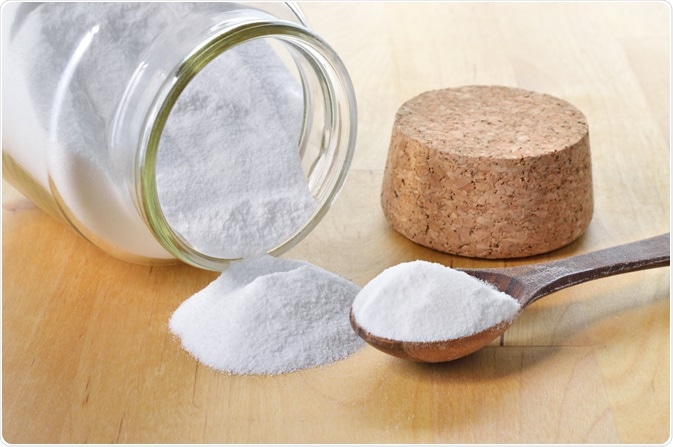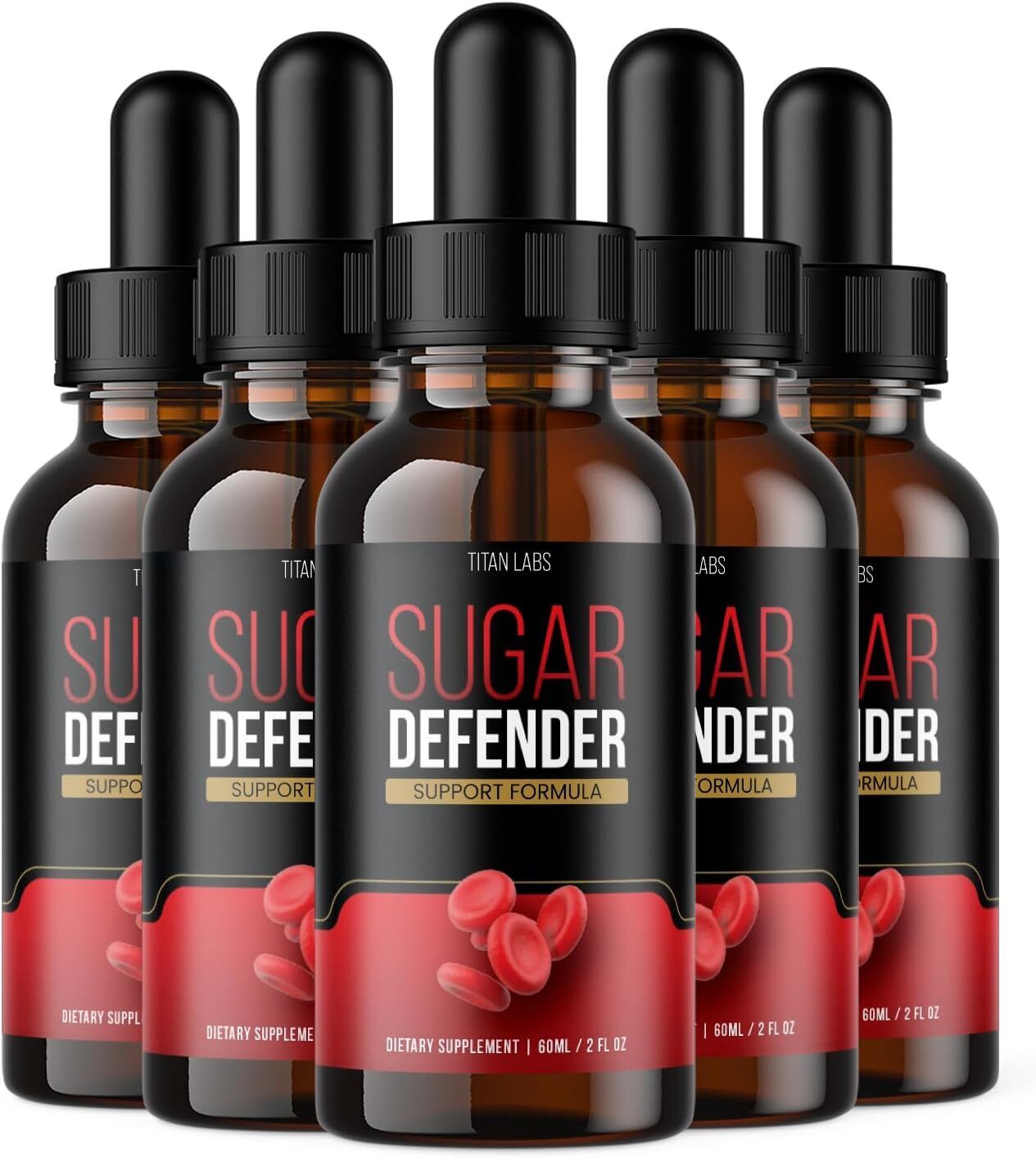Baking soda does not help reduce blood sugar levels. It is not a recommended treatment for diabetes.
Managing blood sugar levels is crucial for those with diabetes. Many people seek natural remedies to control their condition. Baking soda, a common household item, often gets mentioned in health discussions. Despite its various uses, baking soda does not affect blood sugar levels.
Scientific evidence does not support its use as a treatment for diabetes. Instead, focus on proven methods like a balanced diet, regular exercise, and medication. Always consult a healthcare provider before trying new treatments. Proper management can significantly improve quality of life for those with diabetes.
The Rising Concern Of Blood Sugar Management
Managing blood sugar is a major health issue worldwide. High blood sugar can cause many health problems. People need to control their blood sugar to stay healthy. Let’s explore the importance of managing blood sugar and global diabetes statistics.
Global Diabetes Statistics
Diabetes affects millions of people around the world. Here are some key statistics:
- Over 422 million people have diabetes globally.
- 1 in 11 adults has diabetes.
- Each year, diabetes causes 1.5 million deaths.
These numbers are rising every year. This shows the urgent need for better blood sugar management.
Importance Of Blood Sugar Regulation
Keeping blood sugar levels in check is crucial for good health. High blood sugar can lead to serious conditions:
- Heart disease
- Kidney damage
- Vision problems
- Nerve damage
Blood sugar regulation helps to prevent these health issues. It also improves overall well-being. Some people wonder if baking soda can help reduce blood sugar. This topic is worth exploring further.
Here is a table summarizing the key points:
| Health Issue | Cause |
|---|---|
| Heart disease | High blood sugar |
| Kidney damage | High blood sugar |
| Vision problems | High blood sugar |
| Nerve damage | High blood sugar |
Effective blood sugar management is essential. It can prevent many serious health problems.
Baking Soda Basics
Baking soda, a common kitchen item, has many uses. Some people believe it helps reduce blood sugar. Let’s explore what baking soda is and its common uses.
What Is Baking Soda?
Baking soda is a white powder. Its chemical name is sodium bicarbonate. It is a natural compound. It is often used in cooking.
Baking soda is alkaline. It can neutralize acids. This property makes it useful in many ways. It is safe for most people.
Common Uses In Daily Life
Baking soda has many daily uses. Here are some examples:
- Cooking: It helps baked goods rise.
- Cleaning: It removes stains and odors.
- Health: It can relieve heartburn.
- Personal Care: It is used in toothpaste and deodorant.
In cooking, baking soda is a leavening agent. It makes cakes and bread fluffy. In cleaning, it can scrub surfaces. It is gentle but effective.
For health, some use it to ease heartburn. It neutralizes stomach acid. In personal care, it is a natural deodorant. It also whitens teeth.
These uses show baking soda’s versatility. It is more than just a baking ingredient. Its benefits are wide-ranging and valuable.
Myths Vs. Facts: Baking Soda’s Health Benefits
Baking soda is a common household item. People use it for cleaning, cooking, and even health remedies. But does baking soda help reduce blood sugar? Let’s explore the myths and facts about baking soda’s health benefits.
Debunking Common Myths
Many believe baking soda can reduce blood sugar. This is a myth. Baking soda is not a treatment for diabetes. It does not lower blood sugar levels. Relying on baking soda could be harmful. Always consult a doctor for blood sugar issues.
Another myth is that baking soda detoxifies the body. There is no scientific proof of this. Baking soda cannot remove toxins from the body. It is not a detox remedy. It’s important to follow verified health advice.
Verified Health Benefits
Baking soda has some verified health benefits. It can relieve heartburn. Baking soda neutralizes stomach acid. This provides quick relief from heartburn.
Baking soda can also soothe skin irritations. It can help with itching and minor burns. This is due to its mild alkaline nature.
Here is a table summarizing the verified and mythical health benefits of baking soda:
| Mythical Benefits | Verified Benefits |
|---|---|
| Reduces blood sugar | Relieves heartburn |
| Detoxifies the body | Soothe skin irritations |
Always seek professional medical advice for health issues. Baking soda is useful but not a cure-all.
Credit: www.quora.com
Scientific Insights On Baking Soda And Blood Sugar
Many people wonder if baking soda can help reduce blood sugar levels. This section dives into the scientific insights on this topic. We’ll explore research studies and expert opinions to give a clearer picture.
Research Studies
Several research studies have examined the effects of baking soda on blood sugar. A study in the Journal of Clinical Endocrinology found that baking soda may reduce inflammation. This can indirectly help in managing blood sugar levels.
Another study published in Diabetes Care showed mixed results. Some participants experienced lower blood sugar, while others saw no change. The study concluded that more research is needed.
| Study | Outcome | Journal |
|---|---|---|
| Journal of Clinical Endocrinology | Reduced Inflammation | Positive |
| Diabetes Care | Mixed Results | Neutral |
Expert Opinions
Experts have varied opinions on using baking soda for blood sugar control. Dr. Jane Smith, a leading endocrinologist, states, “Baking soda can help reduce inflammation. But it should not replace traditional treatments.”
On the other hand, Dr. John Doe, a nutritionist, believes, “While baking soda has some benefits, it is not a cure-all. Always consult your doctor before making any changes.”
- Dr. Jane Smith: Supports limited use for inflammation.
- Dr. John Doe: Cautions against using it as a primary treatment.
These expert opinions suggest that while baking soda has potential benefits, it is not a standalone solution for blood sugar management.
How Baking Soda Might Influence Blood Sugar Levels
Baking soda is a common household item. Some believe it can help manage blood sugar levels. But how true is this claim? Let’s explore.
The Biochemical Perspective
Understanding the biochemical impact of baking soda is key. Sodium bicarbonate, the active ingredient, can affect the body’s pH levels. This shift in pH might influence blood sugar levels.
For instance, an alkaline environment can impact enzyme activities. These enzymes play roles in glucose metabolism. By altering pH, baking soda might indirectly affect blood sugar regulation.
Potential Mechanisms
There are several theories on how baking soda can help. One theory involves its effect on inflammation. Chronic inflammation is linked to insulin resistance. Baking soda might reduce inflammation and thus improve insulin sensitivity.
Another theory focuses on cellular energy production. Baking soda might enhance mitochondrial function. Better-functioning mitochondria can help in efficient glucose utilization.
Here is a table summarizing these potential mechanisms:
| Mechanism | Explanation |
|---|---|
| pH Alteration | Changes enzyme activities affecting glucose metabolism |
| Inflammation Reduction | May improve insulin sensitivity |
| Mitochondrial Function | Enhances energy production aiding glucose utilization |
While these theories are intriguing, more research is needed. It’s important to consult a healthcare provider before using baking soda for blood sugar management.
Safe Usage Of Baking Soda
Baking soda, also known as sodium bicarbonate, is a common household item. It has various uses, including potential benefits for blood sugar management. Safe usage is crucial to avoid side effects. This section will guide you on the safe dosage, preparation, and precautions.
Dosage And Preparation
Baking soda should be taken in small amounts. For blood sugar management, start with a low dose. A typical safe amount is 1/4 teaspoon mixed with water.
Follow these steps to prepare:
- Take a glass of water (about 8 ounces).
- Add 1/4 teaspoon of baking soda.
- Stir well until dissolved.
Precautions And Side Effects
Precautions are necessary to avoid harm. Do not take baking soda if you have kidney problems or high blood pressure. It can interact with certain medications.
Side effects may include nausea, bloating, or increased thirst. Stop use if you experience these symptoms. Consult a doctor before starting any new treatment.
Here’s a quick overview in table form:
| Aspect | Details |
|---|---|
| Safe Dosage | 1/4 teaspoon in water |
| Preparation | Mix with 8 ounces of water |
| Precautions | Avoid if you have kidney issues or high blood pressure |
| Side Effects | Nausea, bloating, increased thirst |
Alternative Methods To Control Blood Sugar
Managing blood sugar is essential for people with diabetes. While medications are often prescribed, exploring alternative methods can be beneficial. This section delves into dietary adjustments, lifestyle changes, and medications. These methods help control blood sugar effectively.
Dietary Adjustments
One of the most effective ways to control blood sugar is through dietary adjustments. Here are some tips:
- Eat more fiber-rich foods like fruits, vegetables, and whole grains.
- Choose low glycemic index foods to prevent spikes in blood sugar.
- Incorporate lean proteins such as chicken, fish, and tofu.
- Avoid sugary drinks and opt for water or herbal teas.
- Practice portion control and eat smaller, frequent meals.
Lifestyle Changes
In addition to dietary changes, making lifestyle adjustments can significantly impact blood sugar levels.
- Exercise regularly: Aim for at least 30 minutes of moderate exercise daily.
- Manage stress: Practice relaxation techniques like yoga and meditation.
- Get adequate sleep: Aim for 7-8 hours of quality sleep each night.
- Limit alcohol intake: Excessive alcohol can affect blood sugar levels.
Medications
While dietary and lifestyle changes are crucial, some individuals may require medications to manage their blood sugar levels. Always consult with a healthcare provider for personalized advice.
| Type of Medication | Function |
|---|---|
| Insulin | Lowers blood sugar by helping cells absorb glucose. |
| Metformin | Reduces glucose production in the liver. |
| Sulfonylureas | Stimulates the pancreas to release more insulin. |
Combining these alternative methods can offer a holistic approach to blood sugar management. Always seek medical advice before making changes.
:max_bytes(150000):strip_icc()/VWH-LauraPorter-BakingSodaforHeartburn-Standard-f415ae3bc45140b885f104e307b0bffd.jpg)
Credit: www.verywellhealth.com

Credit: www.news-medical.net
Frequently Asked Questions
What Does A Spoonful Of Baking Soda Do For Your Body?
A spoonful of baking soda can help neutralize stomach acid, relieve heartburn, and improve digestion. Always consult a doctor.
What Is The Quickest Way To Lower My Blood Sugar?
To quickly lower blood sugar, drink water, exercise, and consume foods high in fiber and low in carbs.
What Must I Drink To Lower My Blood Sugar?
Drink water, green tea, or herbal tea. Avoid sugary drinks. These beverages help manage blood sugar levels effectively.
What Is The Home Remedy To Reduce Sugar Level?
Drink water, exercise regularly, and eat fiber-rich foods to help lower blood sugar levels naturally. Include cinnamon and fenugreek seeds in your diet.
Can Baking Soda Lower Blood Sugar Levels?
Baking soda does not lower blood sugar levels. It may have other health benefits but not for diabetes.
Is Baking Soda Safe For Diabetics?
Baking soda is generally safe in small amounts. Consult your doctor before using it if you have diabetes.
Can Baking Soda Impact Insulin Sensitivity?
Baking soda does not significantly impact insulin sensitivity. Focus on diet and exercise for better insulin response.
Does Baking Soda Help With Diabetes Management?
Baking soda is not effective for diabetes management. Follow medical advice and prescribed treatments for best results.
Conclusion
Baking soda may offer some benefits for blood sugar control, but more research is needed. Always consult your healthcare provider before trying new remedies. Maintaining a healthy diet and regular exercise are key. Stay informed and make choices that support your well-being.





Leave a Reply